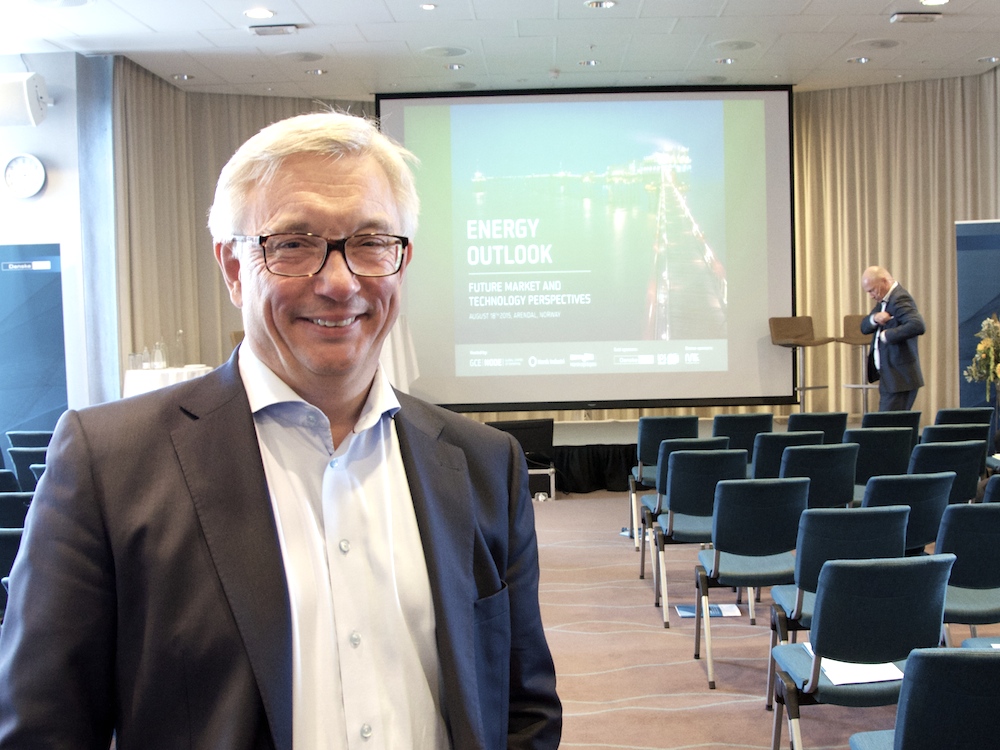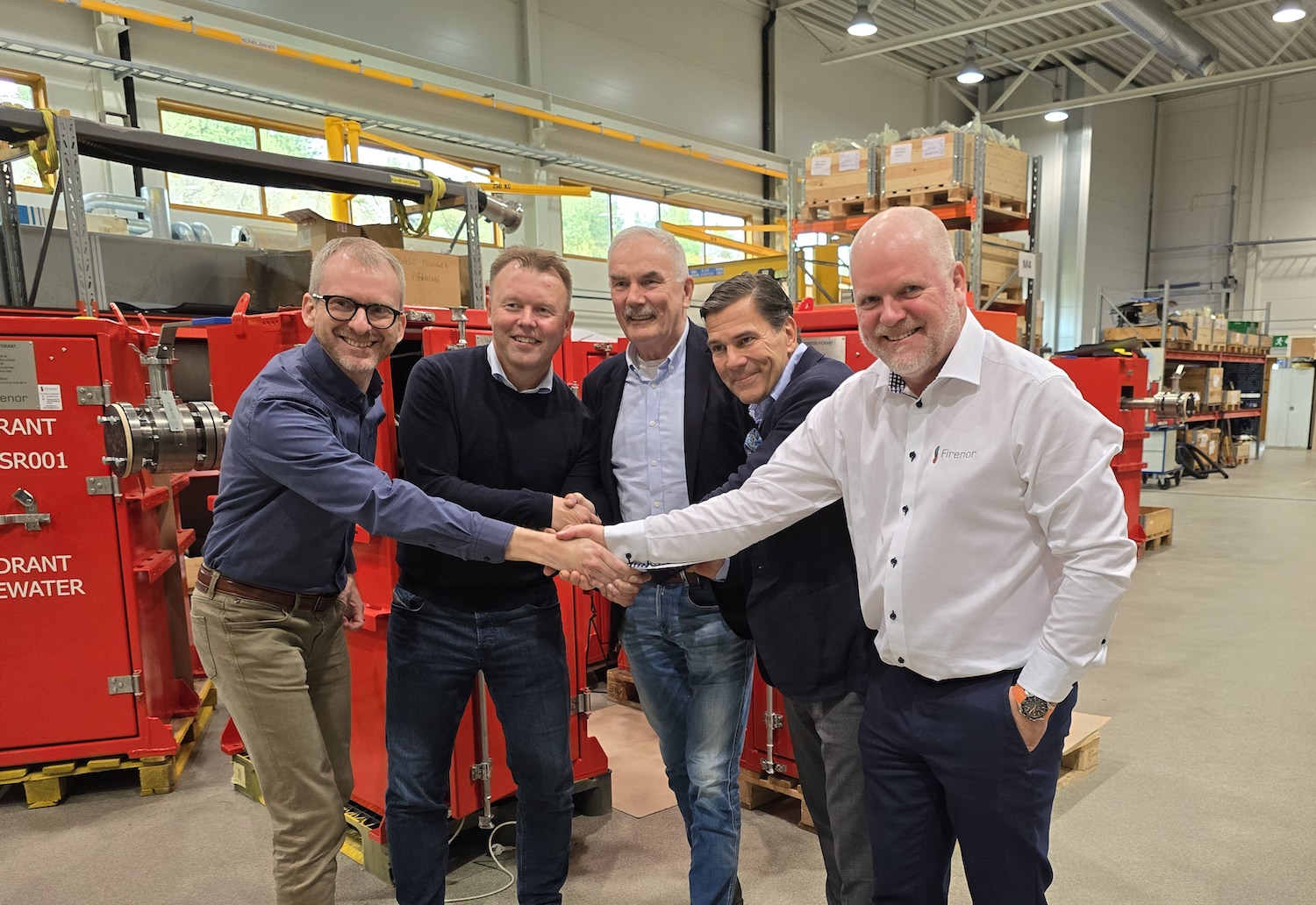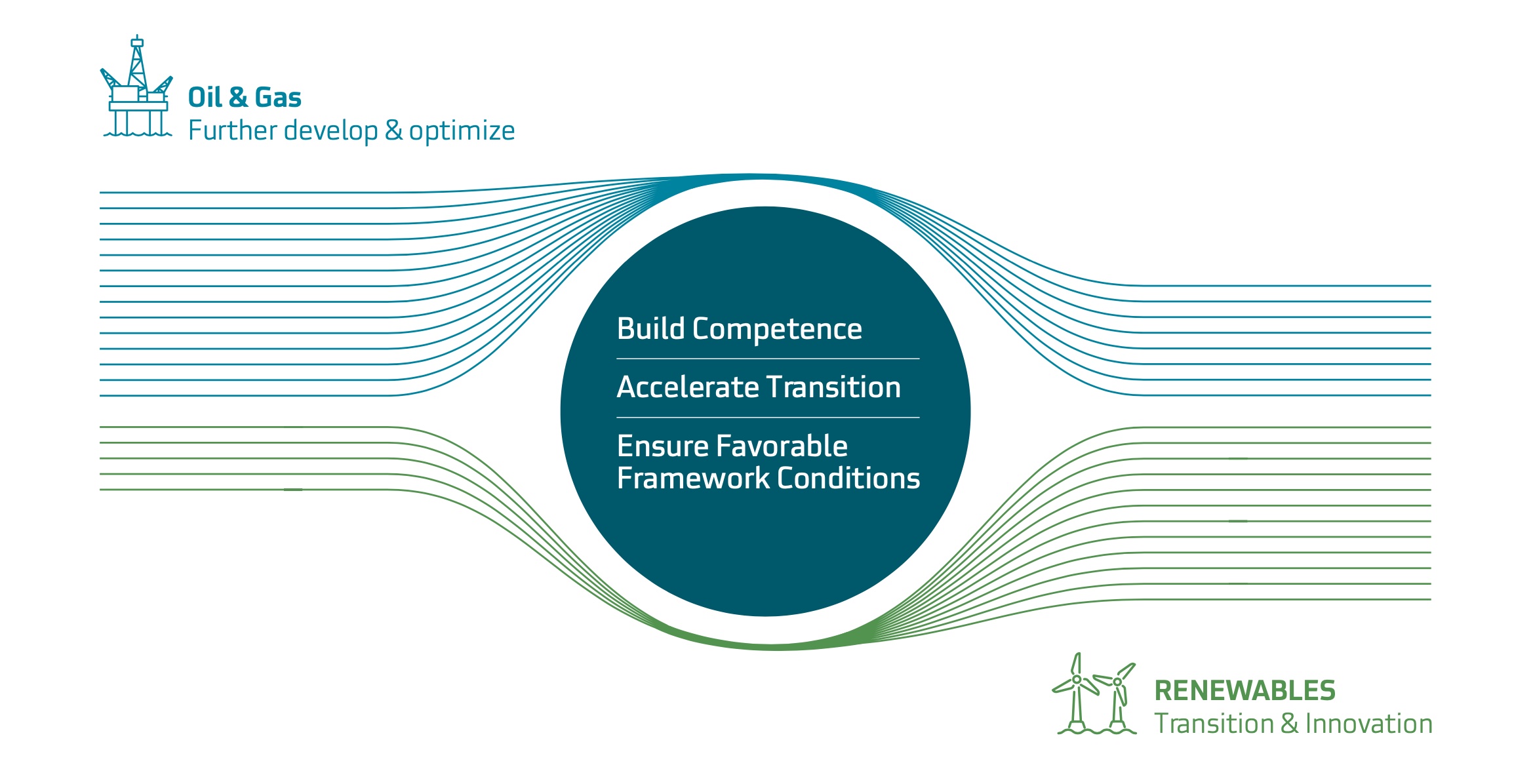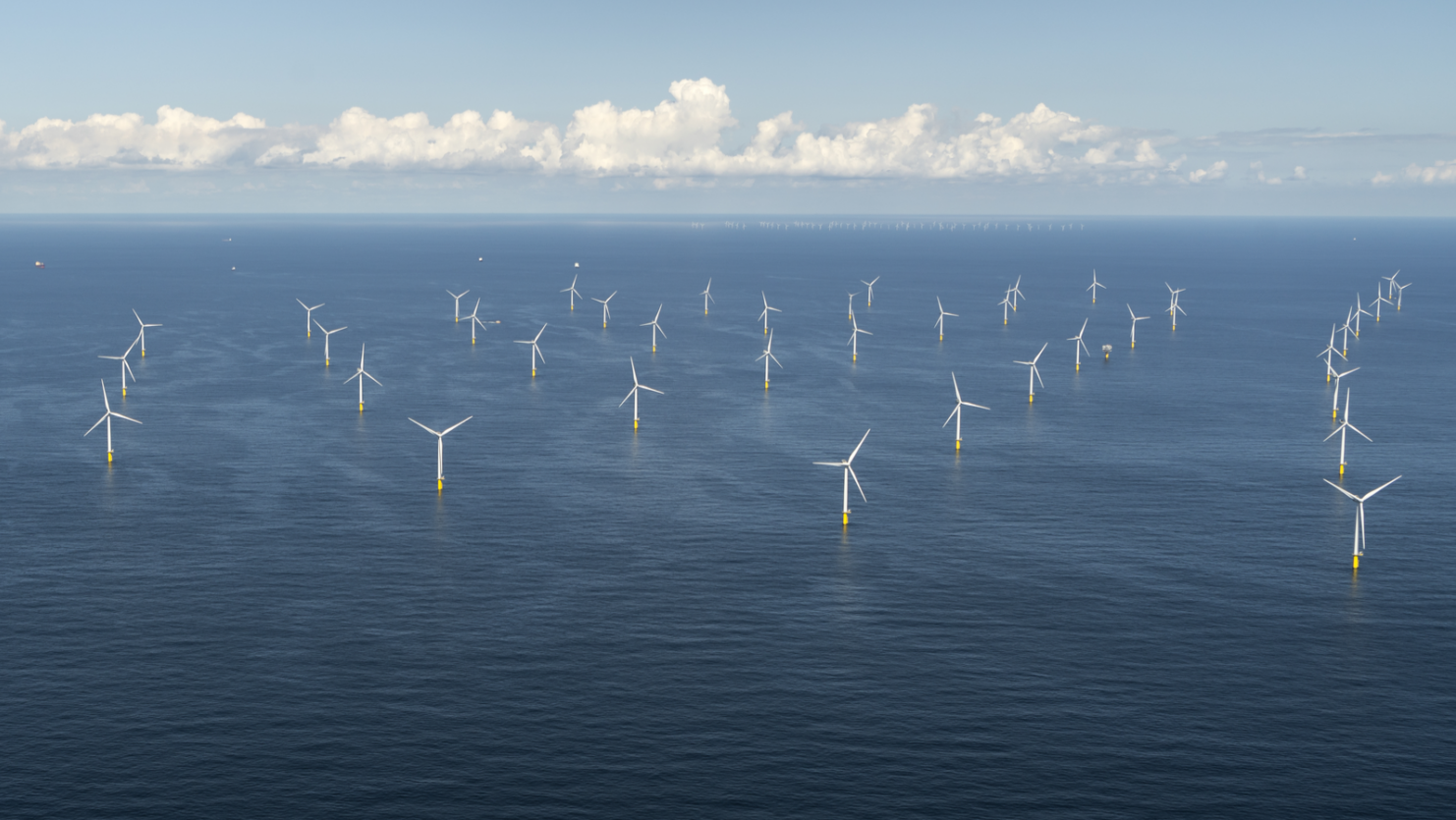Investment will continue to decline in 2016 and 2017. Work currently under way in the companies will by itself reduce capital spending by cutting costs in individual projects. The downturn is expected to reverse in 2017, with investment rising substantially in 2018 and 2019, according to a business trend report published by NOG today.
“Based on a policy intended to reach UN’s climate target, oil and gas will be much needed in 2050 to help meet world energy demand,” says Karl Eirik Schjøtt-Pedersen, director general of the Norwegian Oil and Gas Association. “This confirms the continued place of the oil and gas sector as Norway’s dominant industry.”
ADJUSTMENT REQUIRED
The Norwegian petroleum industry has been through a demanding year. After a lengthy period of rising activity and oil prices at a high and stable level, a steady increase in the level of costs has called for adjustments and efficiency enhancements in the sector. This requirement has been strongly reinforced by a substantial fall in oil prices since June 2014.
“The adjustment required is well under way,” affirms Schjøtt-Pedersen. “Many of the oil companies initiated measures to halt and reverse the big rise in costs even before crude prices began to fall. This adaptation represents an active effort by the companies to be as competitive as possible in the future.”
According to the report, the future of Norway’s petroleum industry lies largely in the far north. The waters off Lofoten and Vesterålen have a substantial petroleum potential, and must be subject to an impact assessment with a view to future activity. Norwegian Oil and Gas also considers it important that the 23rd licensing round is implemented without delays.
BOTTOMED OUT
“Oil prices already appear to have bottomed out, and our analysis suggests a moderate recovery over the next few years,” says Bjørn Harald Martinsen, manager economics at the association. “Our main scenario for investment trends on the NCS, which extends to 2020, accordingly assumes an oil price of USD 70 per barrel as the basis for capital spending decisions.”



